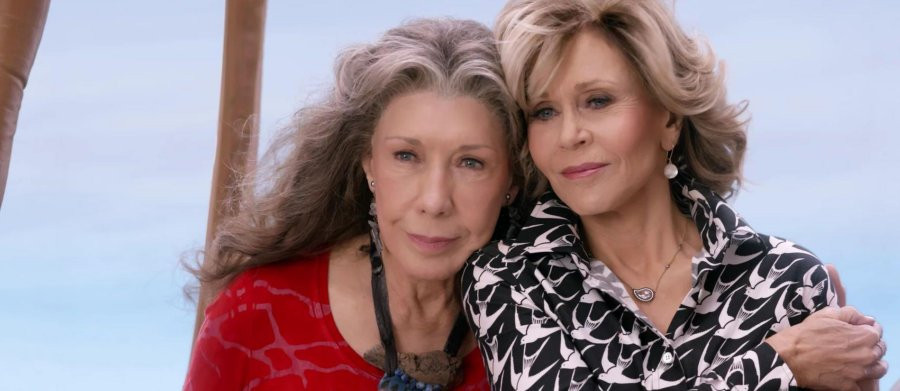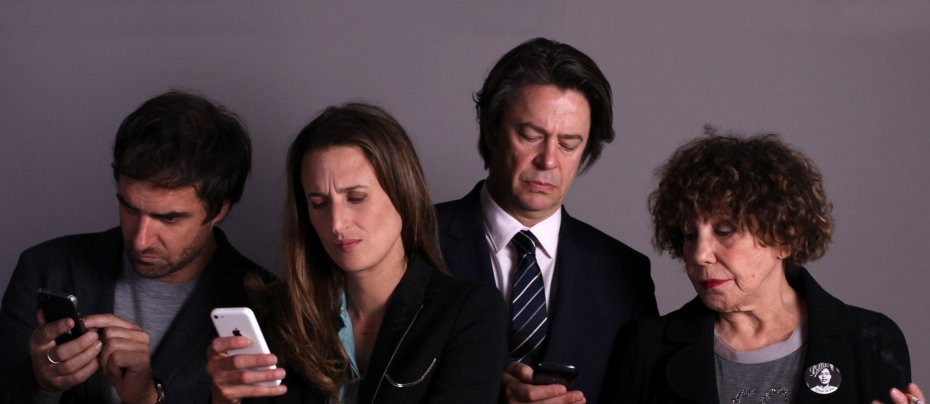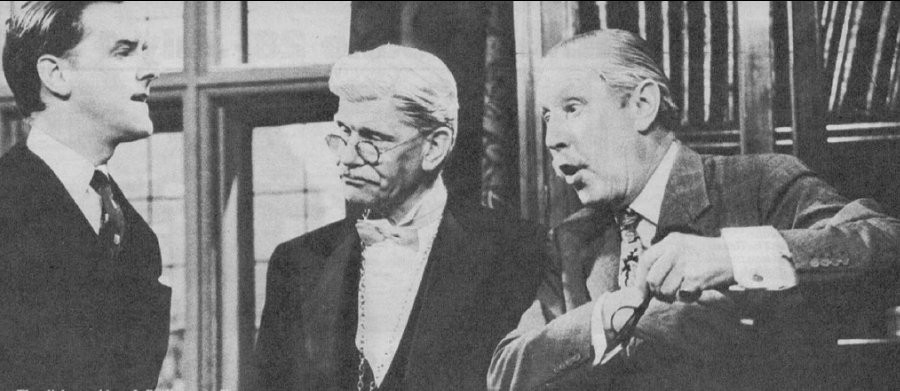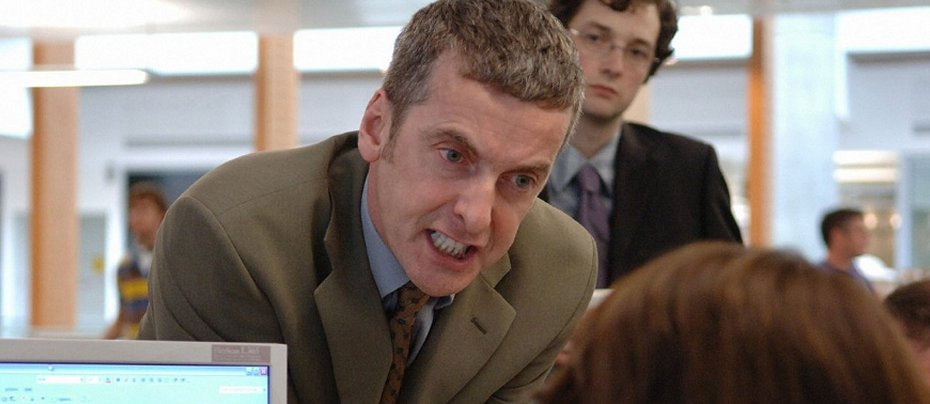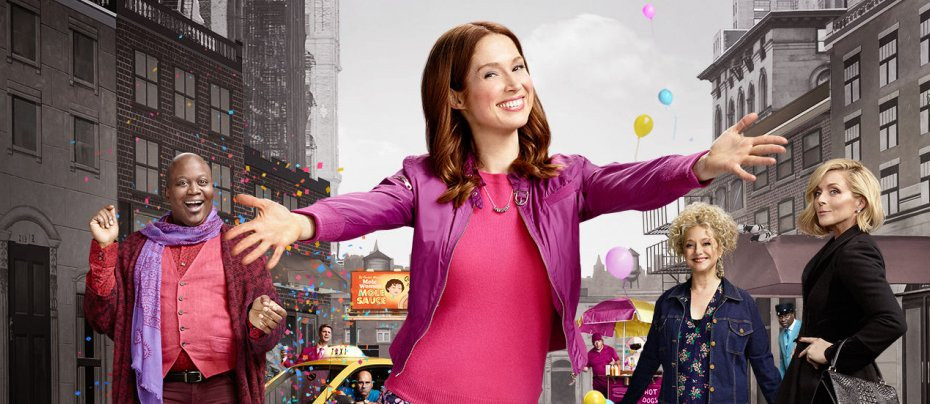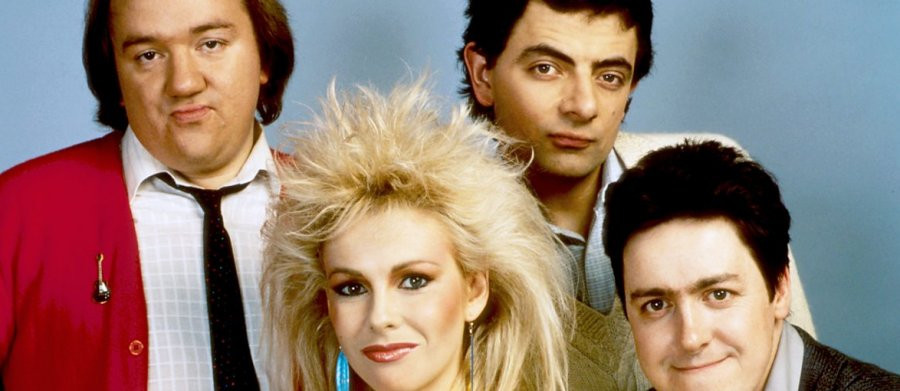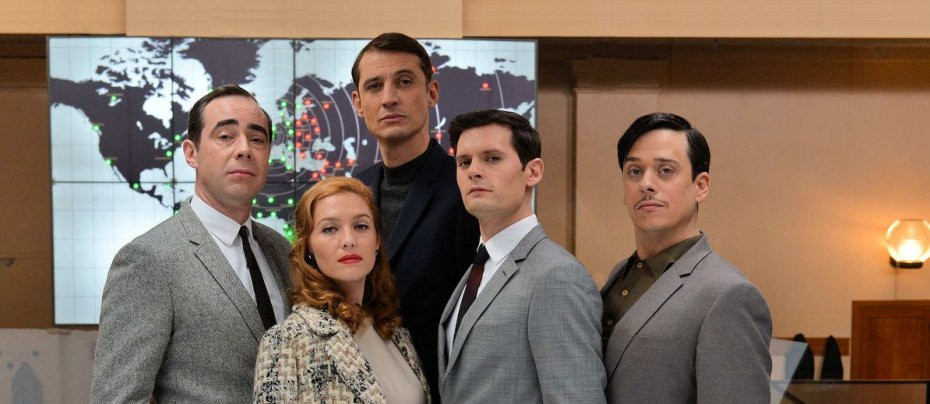
A Very Secret Service/Au Service de la France
2015 - FranceThe French spy comedy 'Au Service de la France' was retitled in English as 'A Very Secret Service,' which misses the point completely. The satire is less about spies than it is about France, or rather about a certain view of France at a particular time in French history. The deliberately pompous expression "au service de la France" has connotations similar to the British "On Her Majesty's Service" in that it usually implies that something grubby is being done in the name of something high sounding.
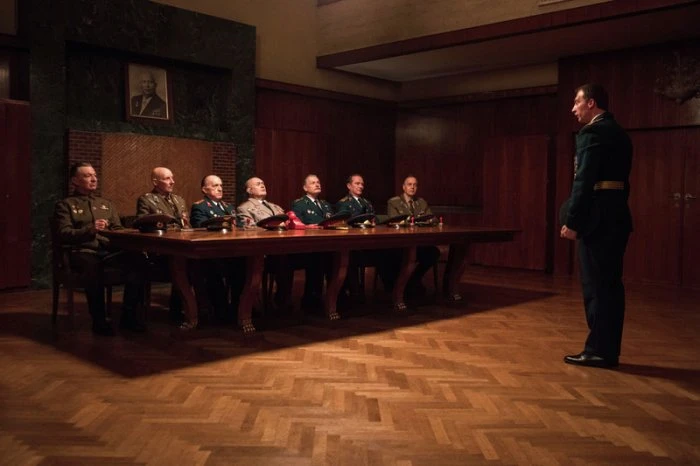
The series is set in 1960-61 when the French national ego was at its most fragile. France was still, just about, a major colonial power, but was relying on the remnants of past glories to cover recent humiliations. The last twenty years had seen the fall of not one but two French Republics, the rapid conquest of France by the Germans in 1940, the subsequent collaboration of the Vichy regime, and an even more embarrassing military defeat by the North Vietnamese. As a result, young people were losing the traditional French respect for their elders. This was reflected in new music, new fashions, new ideas, and a new cinematic style that together give us the cool image of 1960s France that prevails to this day, even if it was not typical of the time. The culture clash that was to culminate in the 1968 riots had begun. 'A Very Secret Service' evokes this very effectively through the casual use of countless period details.
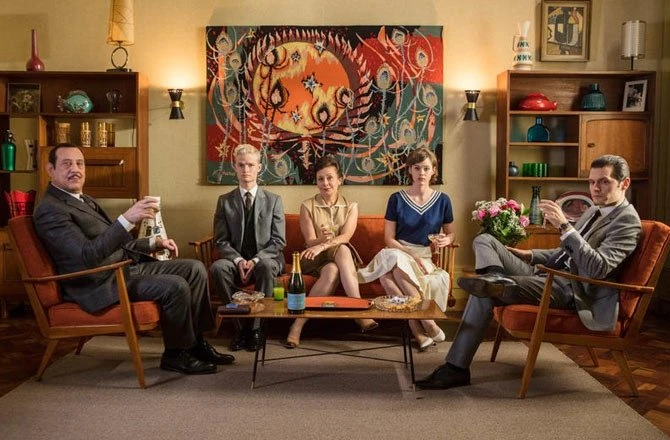
France was taking refuge in the myth of the Resistance. Like all the strongest myths, this has a basis in fact - the French Resistance contributed significantly to the Liberation of France in 1944 - but the desperate need for the myth prompted Frenchmen to exaggerate it and to overlook other facts. It just so happened that the Resistance expanded rapidly during the Liberation, so that many were able to assume label afterwards, and, the newcomers being eager to prove their zeal, it killed more French people after Liberation in extrajudicial executions than Germans before Liberation in combat. The reality for most of those who had remained in France between 1940 and 1944 was one of daily compromise. People who could make any claim to participation in the Resistance had high status in 1961, but evidence that has emerged since then paints a murkier picture. The line between heroes and villains is rarely clear. It is one of the many passing jokes in 'A Very Secret Service' that one of the names in a list of "Grands Resistants" is that of a civil servant later convicted of assisting in the deportation of Jews under Vichy.
All this sounds like very unfunny raw material for a "situation comedy." Much of it would be considered too "insensitive" for production in the United Kingdom or the United States at the moment. Happily, the French lack Anglo-Saxon oversensitivity, and, although notions of "political correctness" are creeping even into France, they do not stop the French having a good laugh. The French remember what British and the American "Industry" seems to have forgotten, that it is part of the function of comedy to act as a safety valve for strong emotions, and the stronger the emotion, the greater the need for release.
So 'A Very Secret Service' is not afraid to laugh about topics that have practically become "no go areas" among even supposedly radical Anglophone comedians in recent years - including National Socialism, colonialism and decolonisation, terrorism, torture, racism, Anti-Semitism, and homosexuality. One cannot imagine a current British or American "sitcom" making jokes about such things, except perhaps in a heavy handed attempt to deliver a particular "message." The French are apparently still allowed to laugh, just laugh. It is actually refreshing to see the old tradition of the King's Jester, ridiculing the ridiculous and saying the unsayable, still lives on across La Manche.
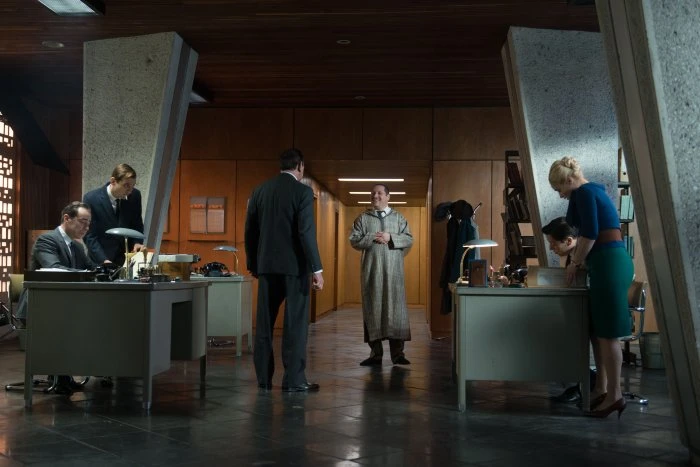
National stereotypes abound. The infamous French bureaucracy is a major theme from the opening minutes and throughout, as is the consequent corruption. The secret agents are obsessed with getting special allowances and plan their operations accordingly. They go on strike when a travel allowance dating from when the capital was at Vichy is abolished. Lunch is taken very seriously and they resent having to work weekends. The working day tends to end early as the drinks trolley is brought out for an impromptu office party on some official pretext. There is, however, a rule that the drinks trolley is not brought out before eleven in the morning.
The CIA are portrayed as very serious, obsessed with Communism, and terrible at speaking French. The French agents simply cannot understand when their American colleagues try to explain that John F Kennedy might be open to blackmail because he has a lot of mistresses. Nor can they understand anything a couple of polite French speaking Canadians are saying.
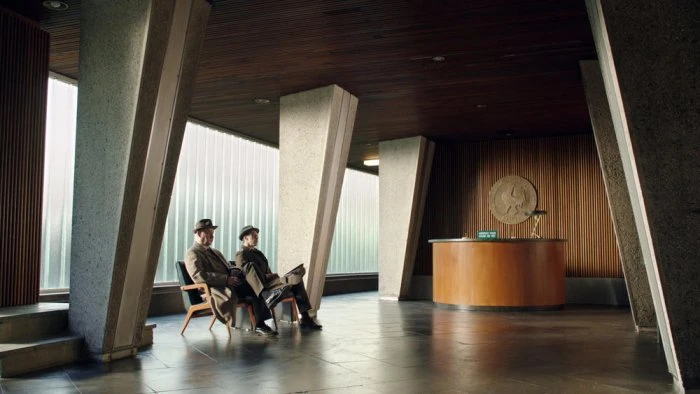
Above all, 'A Very Secret Service' satirises the stubborn patriotism of the French military. Who won World War Two? The correct answer is "France" - at least if you want a job in the French secret service. You would also have to believe that it was insane for France's African colonies to want independence, except for Algeria where the question did not even arise because it was an integral part of France itself - right up until the moment that it was not.
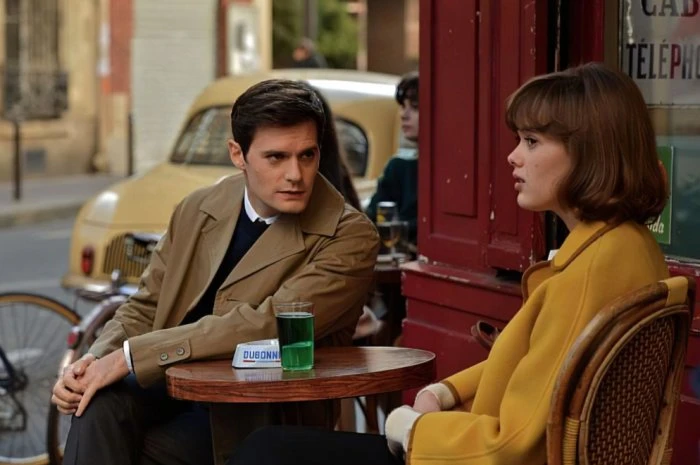
All this makes the well-meaning, patriotic, and devout Andre Merlaux, played by Hugo Becker, the ideal recruit for an unnamed ultra-secret department (actually the Service de Documentation Exterieure et de Contre-Espionnage). He does not find what he expects.
His immediate superior, generally known as Moise or Moses, played by Christophe Kourotchkine, is a tough operator who at first seems little more than an officious bureaucrat but who gradually reveals hidden depths. His parrot is a scene stealer, and Moise using him as a means of communication prompts one of the great throwaway lines of the series.
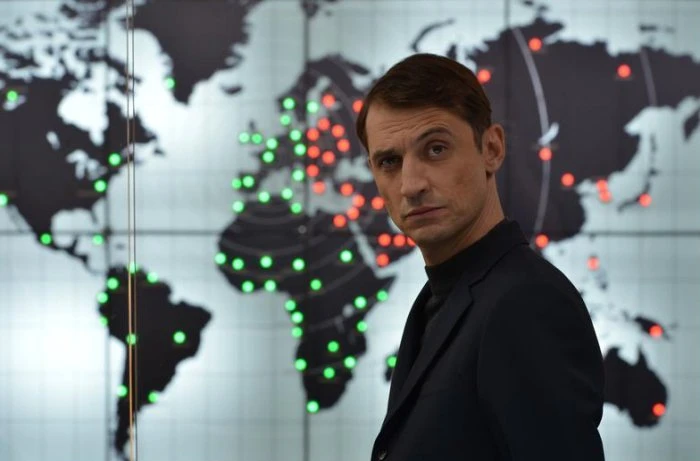
Andre's colleagues, the three senior agents, sometimes act together as a sort of "Three Musketeers." Individually they are very different characters. The intelligent Colot (Jean-Edouard Bodziak) seems to be having an existential crisis as a result of his fiendishly overcomplicated scheming in Eastern Europe: not knowing who to trust anymore, he is suspicious even of himself. By contrast, Jacquard (Karim Barras, apparently channelling Peter Lorre) is a straightforward chancer who uses his official trips to Algeria as a pretext to keep an eye on property he has bought there. Moulinier (Bruno Paviot, a sort of French Paul Whitehouse) manages to get an allowance to pay for the various children he fathered in the African colonies on the grounds that they were occupational accidents.
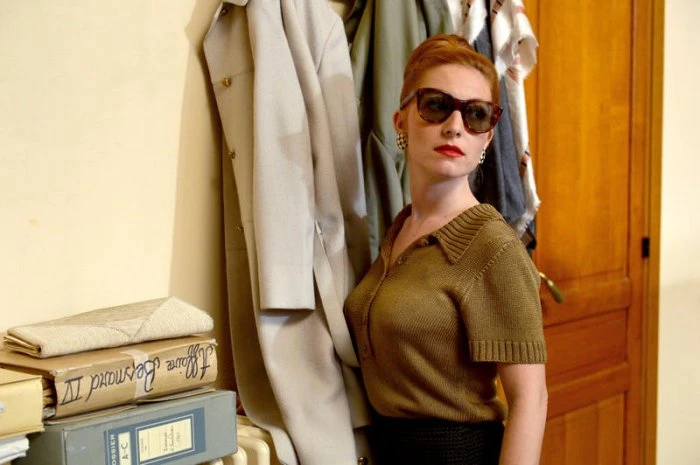
The seductive Clayborn (Josephine de La Baum) is more competent than her male colleagues and it seems the character is being set up to say something interesting about a woman being successful in a hyper masculine environment - only for her to be side-lined rather abruptly in the second season in favour Marie-Jo Cotin (Marie-Julie Baup). In the first season Marie-Jo was the likeable assistant in charge of the all-important drinks trolley whose melodic chant of "Stamped, double stamped" as she helped the agents with the copious paperwork was oddly hypnotic. Her sudden transformation in the second was as unlikely as it was dramatically predictable.
By a rather contrived coincidence, Andre falls in love with a pretty young radical called Sophie (Mathilde Warnier from 'The Serpent'), in spite of them having nothing in common apart from both being very good looking. As usual in film and television, that seems to be enough.
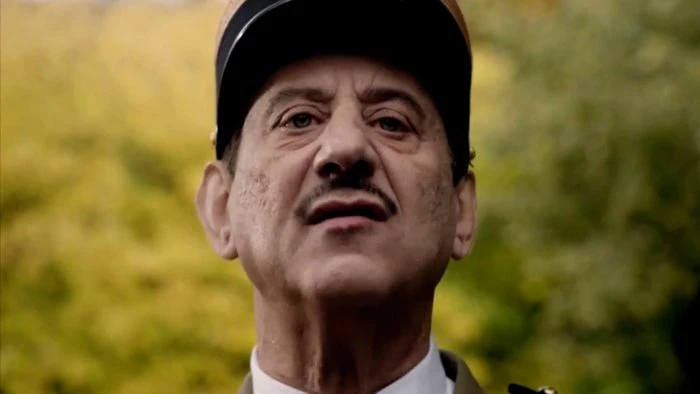
The most important character is the director of the service, Colonel Mercaillon, played by Wilfred Benaïche. An intense admirer of General de Gaulle, Mercaillon shares the same appearance, manner, and views. Indeed, he is basically meant to be de Gaulle, and as such the main object of the satire. There are times when the character seems to be evolving and becoming more human, most notably when he forms a bond with a tortoise, so it is doubly disappointing that he lapses into revealing himself as something of a cartoon villain. It is a wasted opportunity.
Quite a bit of money seems to have been spent on production, not least on some handsome location work in Morocco. There are lots of in period visual references, especially to the Bond films, American "spy capers," the "Eurospy" genre, "film noir," Pontecorvo's 'The Battle of Algiers,' and French "New Wave" cinema - they even manage to fit in a gratuitous red balloon.
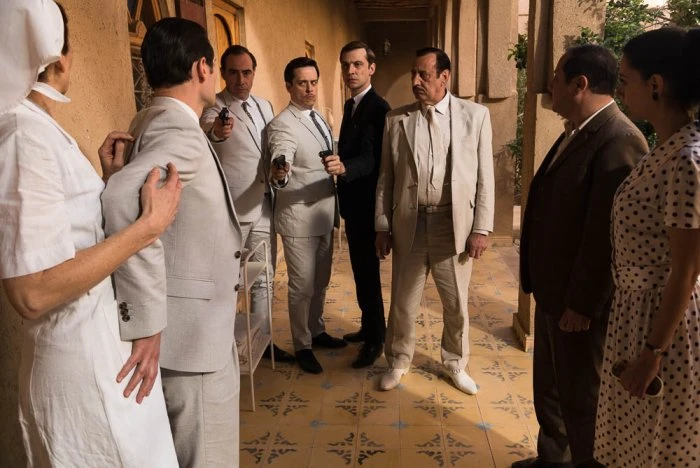
Indeed, how much you enjoy 'A Very Secret Service' is probably directly proportional to your appreciation of French culture around this time. A working knowledge of recent French history certainly helps to appreciate some of the in-jokes, such as a reference to an ambitious young politician called Mitterrand and the irony of Jacquard's relief at finding four respectable tenants - all generals in the French army - for one of his apartments after the previous ones turned out to be Algerian terrorists.
The humour is satirical rather than farcical and often very witty. There is a very dark streak to it: our protagonists murder people quite ruthlessly. Individual episodes vary in quality, with much depending on the topic of a particular episode. Most are entertaining and the best are very clever indeed. These tend to be the more freestanding episodes. The longer story and character arcs are less successful. After setting up a number of promising storylines, there seems to have been a rush to wrap everything up towards the end. Several subplots were left hanging and the perfunctory resolution of the main plot was very unsatisfying.
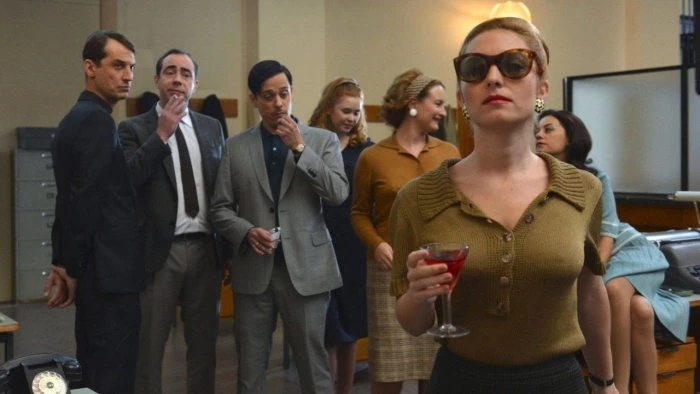
The whole is therefore less than the sum of its parts, which is a pity because most of the parts are outstanding - the cast, the production values, the sense of period, and the witty references, both visual and in the dialogue. Above all, 'A Very Secret Service' has that Gallic verve that charges ahead without worrying about offending those with no right to be offended.
Seen this show? How do you rate it?
Seen this show? How do you rate it?
Published on December 9th, 2021. Written by John Winterson Richards for Television Heaven.


